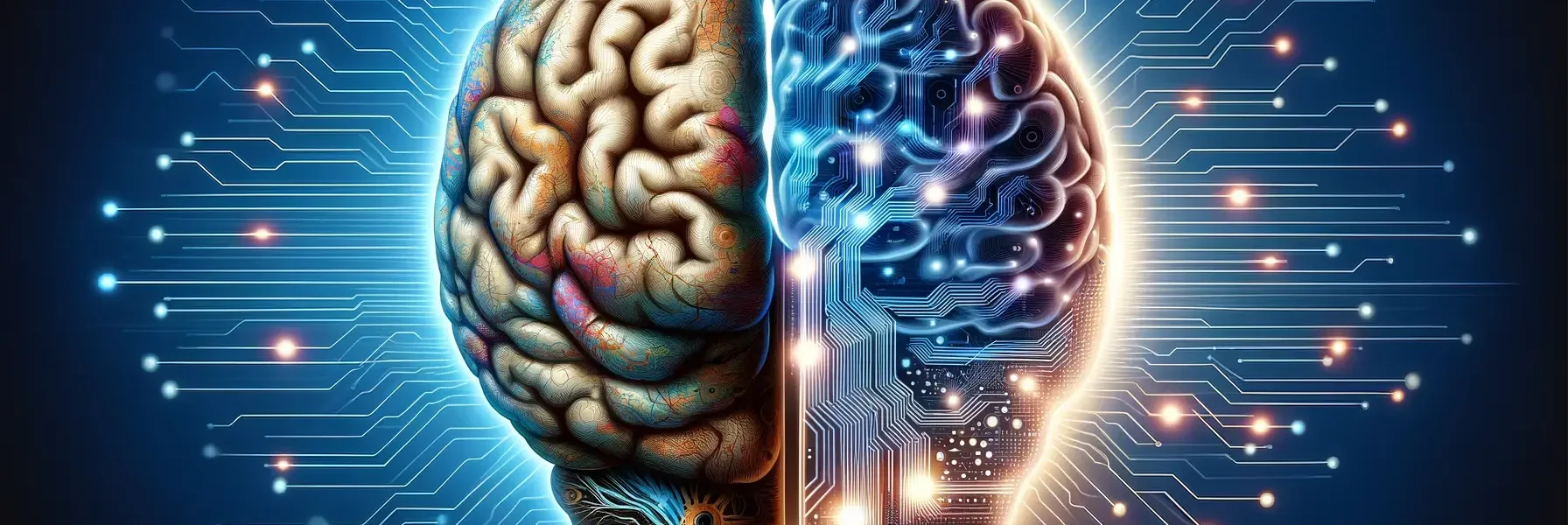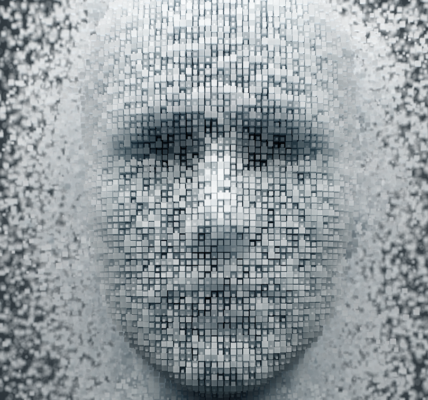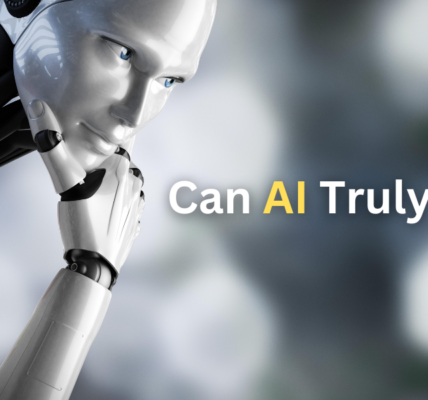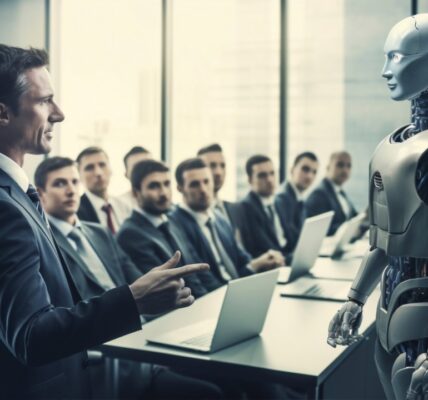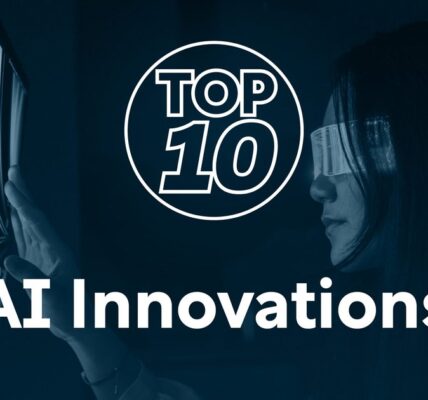The rapid advancement of artificial intelligence (AI) has ignited a spirited debate about its potential to surpass human capabilities. As AI systems become increasingly sophisticated, the question arises: will machines ultimately triumph over humans in various domains? This article explores AI’s and humans’ strengths and limitations, examining whether competition is even necessary or if collaboration would be more beneficial.
The Rise of AI
AI has made remarkable strides in recent years, revolutionizing numerous industries, including healthcare, finance, and transportation. Its ability to analyze vast amounts of data quickly and accurately allows AI to identify patterns and make predictions that are often beyond human capability. For example, AI algorithms can diagnose diseases from medical images with higher accuracy than many trained professionals, demonstrating the potential for AI to outperform humans in specific tasks.
Furthermore, AI systems can operate without fatigue and work tirelessly, increasing efficiency in areas such as manufacturing and logistics. As these technologies evolve, the fear of AI surpassing human intelligence—commonly referred to as the “singularity”—has become a topic of both fascination and concern.
The Human Edge
While AI excels in data processing and task automation, it lacks the essential qualities that define human intelligence. Humans possess emotional intelligence, creativity, and the ability to think critically and make complex decisions based on context and ethical considerations. These qualities are crucial in professions that require empathy, such as healthcare, education, and social services.
Additionally, humans can adapt to new situations, learn from experiences, and innovate in ways that AI cannot replicate. For instance, artists and writers create works that resonate emotionally with audiences, drawing from personal experiences and cultural contexts. This innate ability to connect and understand human experiences sets humans apart from machines.
The Nature of Competition
The notion of an “ultimate battle” between AI and humans can be misleading. Instead of framing the relationship as one of competition, it may be more productive to view it as a partnership. AI can enhance human capabilities by automating repetitive tasks, providing data-driven insights, and improving decision-making processes. For example, in healthcare, AI can assist doctors in diagnosing diseases, allowing them to focus more on patient care and treatment plans.
Moreover, AI can empower individuals daily, providing tools that enhance productivity and creativity. From virtual assistants managing schedules to AI-driven design software enabling artists to explore new styles, the potential for collaboration is immense.
Ethical Considerations
As AI advances, ethical considerations surrounding its use become increasingly critical. Questions regarding job displacement, privacy, and the potential for biased algorithms highlight the need for a thoughtful approach to AI development. Ensuring that AI systems are designed to align with human values and ethical standards is paramount for fostering a harmonious relationship between technology and society.
Conclusion
In the debate of AI vs. humans, the focus should not solely be on who will “win.” Instead, the future lies in leveraging the strengths of both entities to create a more efficient, innovative, and empathetic world. By embracing collaboration and addressing the ethical challenges that arise, we can harness the power of AI while preserving the unique qualities that define our humanity. Ultimately, the goal should be to create a future where humans and AI coexist and thrive, enhancing each other’s capabilities rather than competing against one another.

